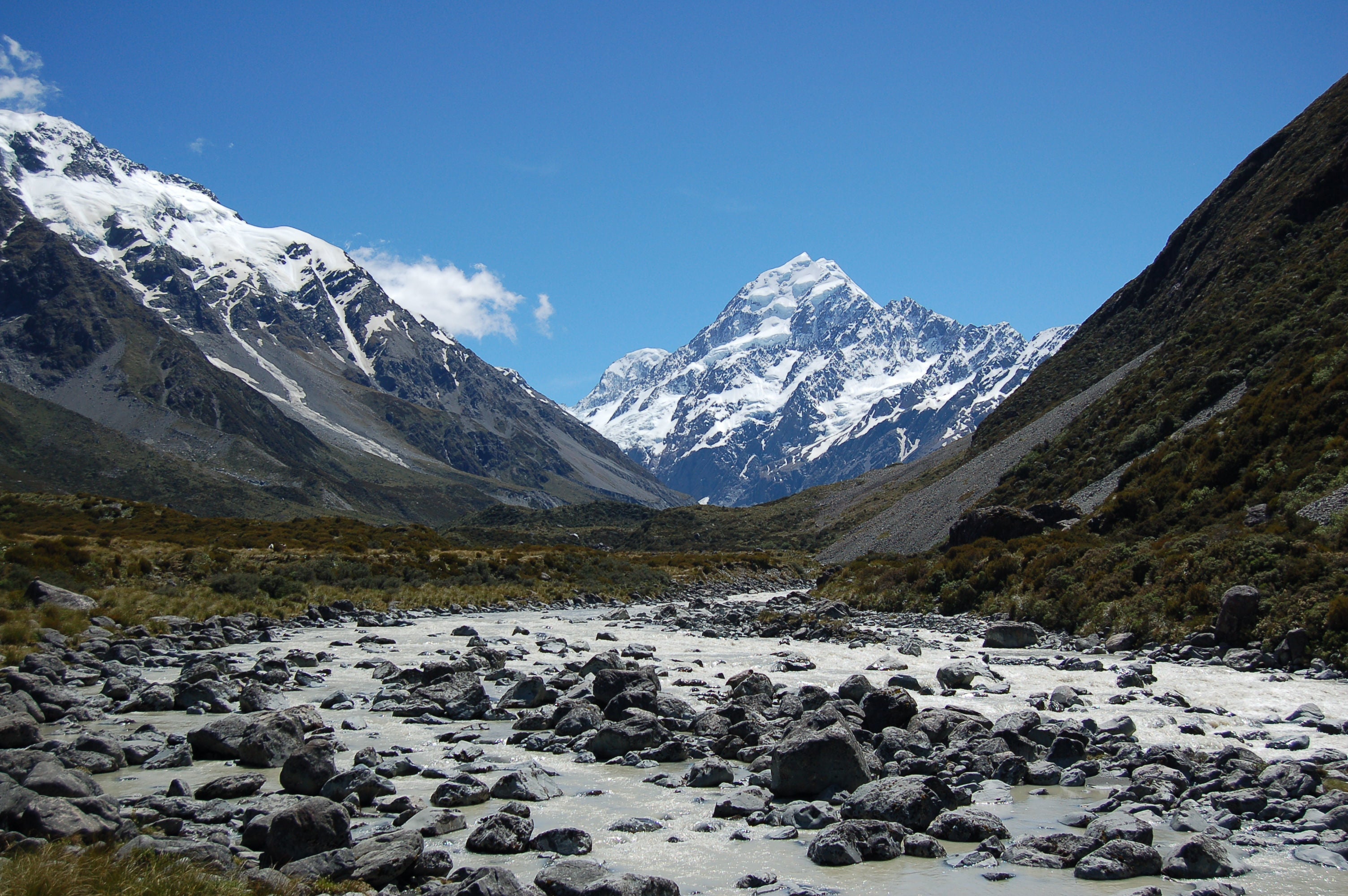Melting glaciers could speed up release of carbon into atmosphere, study finds
Lead author says research shows ‘unexpected form of climate feedback’, Zoe Tidman reports


Melting glaciers could accelerate carbon emissions into the atmosphere, according to a new study.
This is down to the impact on the breakdown of complex carbon molecules in rivers, scientists have said.
Through this process, melting glaciers could contribute further to climate change, the research suggests.
Scientists said they have linked glacier-fed mountain rivers with higher rates of plant material decomposition - which is a major part of the global carbon cycle.
Glaciers are made of layers of compressed snow that move or "flow" due to gravity and the softness of ice relative to rock.
Read more:
Last year, scientists warned glaciers in China’s remote Qilian Mountains were melting at a “shocking” speed due to the climate crisis.
Back in February, a mountain glacier in the Himalayas collapsed and triggered massive flooding in northern India in a disaster which left around 200 people confirmed or presumed dead.
Such incidents are rare so early in the year, alarming scientists studying climate change that is rapidly heating the world’s highest mountains.
As mountain glaciers melt, water runs into rivers downstream.
But with global warming accelerating the loss of glaciers, rivers have warmer water temperatures and are less prone to variable water flow and sediment movement.
Read more:
According to the research led by the University of Leeds, these conditions are much more favourable for fungi to establish and grow.
The fungi living in these rivers decompose organic matter such as plant leaves and wood, eventually leading to the release of carbon dioxide into the air.
"We found increases in the rate of organic matter decomposition in mountain rivers, which can then be expected to lead to more carbon release to the atmosphere,” lead author Sarah Fell, from the University of Leeds, said.
"This is an unexpected form of climate feedback, whereby warming drives glacier loss, which in turn rapidly recycles carbon in rivers before it is returned to the atmosphere."
The study, published in Nature Climate Change, spans a total 57 rivers in six mountain ranges across Austria, Ecuador, France, New Zealand, Norway and the US.
“Clear associations between fungal genes, populations and communities and ecosystem functioning in mountain rivers indicate that ongoing global decreases in glacier cover can be expected to change vital ecosystem functions, including carbon cycle processes,” the scientists said.
Additional reporting by agencies
Join our commenting forum
Join thought-provoking conversations, follow other Independent readers and see their replies
1Comments